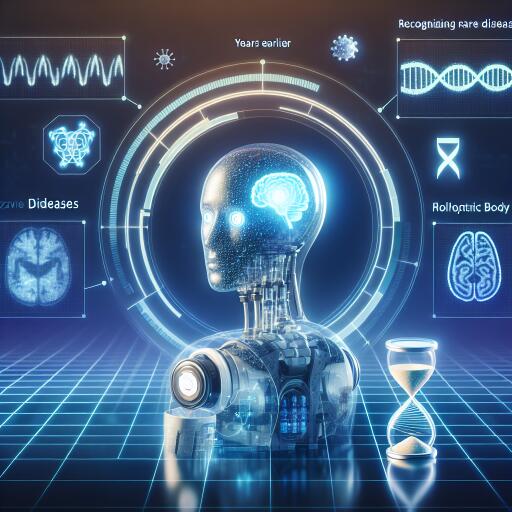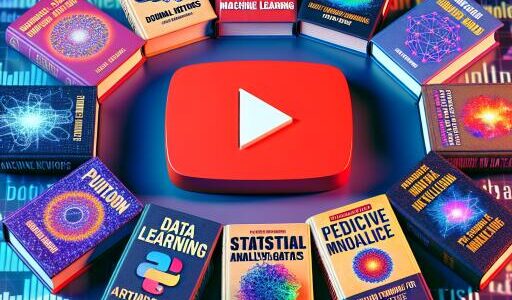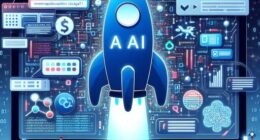How AI is Revolutionizing the Detection of Rare Diseases
In a groundbreaking study, artificial intelligence (AI) is proving to be a formidable tool in the identification of individuals with rare diseases. This innovative approach heralds a new era in medical diagnostics, showcasing the potential of AI to transform patient care and treatment. With rare diseases affecting millions of people worldwide, the implications of this technology are significant, offering hope to those often lost in the complexities of medical diagnostics.
Understanding the AI Approach
The core of this revolutionary method lies in the AI program’s ability to meticulously analyze patient records. By examining a vast array of data, including symptoms, test results, and clinical observations, the AI seeks to identify patterns and correlations that might elude human practitioners. This is particularly crucial in the context of rare diseases, where symptoms can be vague, varied, and mimic those of more common illnesses.
Impressive Results from Recent Study
A recent study highlights the efficacy of this AI-driven method. Focusing on a cohort of 100 individuals deemed by the AI to be at the highest risk of having a rare immune disorder, the findings were remarkable. In 74 of these cases, there was a strong likelihood that the individuals indeed suffered from a rare condition. This high rate of potential detection signifies a monumental shift in our ability to diagnose and treat rare diseases at an early stage.
The Impact on Patients and Families
For patients and their families, the early detection of a rare disease can be life-changing. Early diagnosis means earlier intervention, which can significantly alter the prognosis for many of these conditions. Instead of years spent in uncertainty, visiting specialist after specialist without a clear diagnosis, patients stand a chance of getting the right treatment sooner. This not only has the potential to dramatically improve quality of life but, in some cases, can even be lifesaving.
Challenges and Considerations
While the advancements and potential of AI in diagnosing rare diseases are undeniable, there are still challenges to be addressed. One significant hurdle is ensuring the ethical use of patient data. As AI programs require access to extensive medical records, safeguarding patient privacy is of paramount importance. Furthermore, the technology itself must be continuously refined and tested to improve accuracy and reduce any chances of misdiagnosis.
Looking Ahead
The landscape of diagnostic medicine is on the cusp of a major transformation. As AI technology continues to evolve, its potential to identify not only rare diseases but various other medical conditions early on is staggering. This approach could redefine the timelines of disease detection, offering patients earlier interventions and possibly changing the course of their lives for the better.
In conclusion, the integration of AI into the realm of medical diagnostics for rare diseases is a promising development. It signifies a move towards more personalized, accurate, and timely healthcare, targeting conditions that have, until now, been challenging to diagnose. The journey ahead is one of cautious optimism, as researchers, clinicians, and technologists work together to harness the power of AI, ensuring it serves the best interests of patients worldwide.










